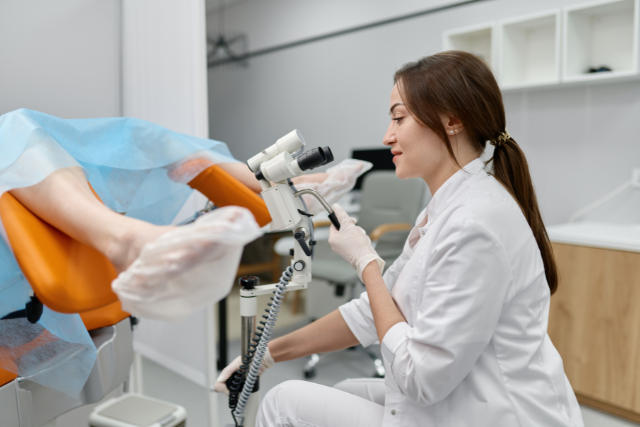A recent breakthrough in artificial intelligence (AI) could soon transform embryo assessment in in-vitro fertilization (IVF) clinics by offering a highly accurate and non-invasive method to determine an embryo’s chromosomal status, according to researchers at Weill Cornell Medicine. Using only time-lapse video imaging and maternal age data, the system—named “BELA”—analyzes embryos with a level of objectivity not previously seen in AI-driven IVF technologies.
The study, published in Nature Communications on September 5, showcases BELA’s unique approach to evaluating whether embryos are chromosomally normal (euploid) or abnormal (aneuploid), which is crucial for successful IVF outcomes.
Unlike prior models that relied on embryologists’ subjective inputs, BELA removes human bias by relying solely on machine learning to interpret the video imaging of embryos. This independent, data-driven model offers a scalable and consistent evaluation method, which could become a staple in embryology clinics if confirmed in clinical trials.
Lead researcher Dr. Iman Hajirasouliha, associate professor at the Englander Institute for Precision Medicine at Weill Cornell, highlights BELA’s potential to enhance the predictive accuracy of embryo selection due to its vast data utilization. “This fully automated system leverages larger datasets of time-lapse imagery, boosting its predictive capacity over previous models,” he noted.
The study’s first author, doctoral student Suraj Rajendran, and embryology lead Dr. Nikica Zaninovic, director of the Embryology Laboratory at Weill Cornell’s Center for Reproductive Medicine, underscore the potential for BELA to not only improve IVF success rates but also make IVF technology accessible in regions lacking advanced reproductive resources.
The traditional approach to assessing embryo viability relies heavily on microscopic examination by embryologists, which may still require a preimplantation genetic test for aneuploidy (PGT-A)—a somewhat invasive procedure—to confirm chromosomal status, especially when maternal age raises the likelihood of anomalies. To mitigate the risks and limitations of this method, previous AI attempts, such as the STORK-A model developed in 2022, incorporated single microscopic images, maternal age, and embryologist assessments to achieve approximately 70% accuracy in predicting an embryo’s ploidy.
BELA, however, advances on this front by independently evaluating embryos’ chromosomal health using time-lapse images taken around five days after fertilization—a critical period for assessing embryo development. The system’s machine-learning framework was trained on anonymized image sequences from nearly 2,000 embryos in the Weill Cornell Medicine CRM dataset, in addition to datasets from IVF clinics in Florida and Spain, ensuring the model’s robustness across different demographics and conditions. The study found that BELA outperformed earlier models, demonstrating increased predictive accuracy and versatility.
Looking forward, the research team plans to validate BELA’s capabilities in a randomized, controlled clinical trial, which will provide insights into the model’s efficacy in real-world settings. Dr. Zaninovic suggests that BELA’s AI capabilities could democratize IVF care globally, expanding access to advanced embryo assessment in under-resourced areas. “By eliminating the need for high-end equipment, BELA could bring equitable IVF access to more regions,” he shared.
In addition to chromosomal assessment, the researchers envision BELA’s potential in predicting broader embryo development parameters and quality, which could allow clinics to tailor BELA’s capabilities to specific embryology needs. According to Rajendran, “Our goal is to see this model extend beyond ploidy status to offer insights into general embryo quality and developmental predictions, creating a multifaceted tool for IVF clinics.”
Transparency is key at Weill Cornell Medicine, where many researchers maintain collaborative ties with external entities to drive scientific progress.
Are you interested in how AI is changing healthcare? Subscribe to our newsletter, “PulsePoint,” for updates, insights, and trends on AI innovations in healthcare.




